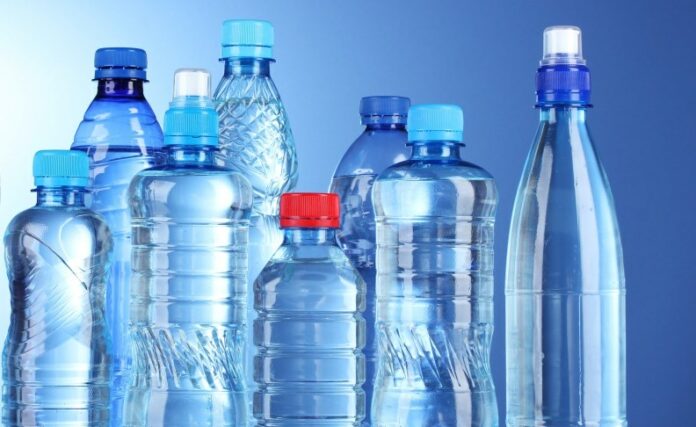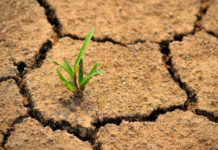More and more citizens are turning away from the water of the Sonede to obtain supplies from water sellers from different sources, while this sale is illegal and is not subject to any control. An informal water market has emerged in several regions.
The lack of water, resulting in the deterioration of the quality of tap water, has accelerated the illegal sale of spring water in several localities and regions of the country. The enthusiasm of citizens, who prefer it to undrinkable tap water according to some, has given rise to the birth of a flourishing water market, which employs several people who have sniffed the right vein to make money. There are those who fill the cans from the water sources that are constantly flowing and those who transport them to neighboring regions to sell to citizens, says Raoudha Gafrej, an expert in water resources. The m3 of water from various sources is sold at 100 dinars, while that of the Sonede varies between 200 and 1,620 millimes. Citizens prefer to obtain much softer spring water with a lower salinity rate. The ten-liter can is sold at one dinar, which is 160 times more expensive than that of the Sonede. According to the water expert, this niche generates comfortable income for those who have embarked on this golden vein, which has led owners of boreholes intended for irrigation to sell water for drinking water needs. Some have even installed small osmosis units, whether on a borehole or even the Sonede water network, to produce water of reduced salinity. However, this osmosis water cannot be consumed and especially stored for several days in the absence of Ph control and sterilization. “The income from selling water from a borehole of 15 liters per second can generate an income of between 6,000 and 10,000 dinars per day! An income that can in no way be ensured by the use of this water for the practice of irrigated agriculture, “says Ms. Gafrej.
At the Sidi Medyen water source in Zaghouan governorate, it takes about 20 hours to fill 1,680 ten-liter cans, which generates an average daily income of 1,680 dinars, according to the water resources expert, adding, moreover, “that a seller can make three trips a day with an average of 80 cans per trip, which brings in 240 dinars a day for at least seven people.” Those who buy this water know very well that it is not subject to any control and that it can pose risks to their health. Since this market is not part of any structure, no one will take responsibility if citizens are contaminated.
According to Ms. Gafrej, if citizens have turned away from the water of Sonede, preferring the informal and illegal water market, it is because of the quality of the water, in terms of salinity combined with the quality of dilapidated networks, and this, in most regions and governorates. The State, through all its structures (Ministry of Agriculture, Water Resources and Fisheries, Ministry of Public Health, Ministry of Local Affairs and Environment, Ministry of Commerce, etc.), has not been able to cope with this illegal and privatization of water market that it has itself created by its inability to meet the water needs of the citizen.
According to the water resources expert, given the lack of water that will increase in the future, Sonede will not be able to provide water of salinity of less than 1.5 g / l. Also because the daily human consumption (water only for drinking) amounts to 2 to 3 liters on average per day, it is not necessary to soften all the water provided by the Sonede, especially since this will triple the current cost of producing drinking water.
Three solutions are on the horizon for Sonede to restore its image: benefit from financial support to fill the budget deficit it has been dragging for years, rehabilitate the networks and grant a public or private operator the authorization to produce at the end of the chain of the Water System of the Sonede, table water packed in containers of 5 and 10 liters rechargeable and this of course on the basis of a notebook well-established charges.
Adapted from « La Presse »
Translated by Rifi-JDD











